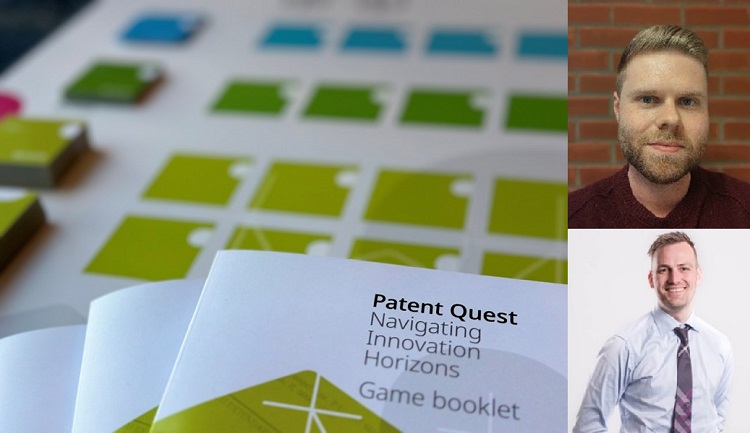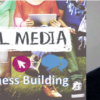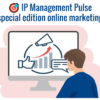WIPO Patent analytics serious game
Patents can be a vast source of information when looking to improve, e.g., research and development efforts, innovation insights, and intellectual property (IP) application. However, seeing as the amount of information available is often extensive, it can be difficult to determine how to go about obtaining, evaluating, and using it.
Patent analytics (PA) and patent landscape reports (PLRs) can be valuable tools for uncovering innovation insights in patents. However, understanding how to use these tools in a fruitful manner takes some practice. To make it easier to acquire this understanding, WIPO and House of Knowledge have collaborated to create a serious game – a game with a primary purpose beyond entertainment – on the topic. The serious game approach allows participants to explore simulated scenarios in groups to discuss and reflect upon uses, challenges, and decisions as a team.
Understanding patent analytics. Getting started with patent analysis can be challenging, especially for novices with limited background knowledge from patenting. Some of the key challenges faced includes:
- The sheer amount of data can be overwhelming. This makes it necessary to know what to look for and how to find it.
- Patents can sometimes be written using a complex, technical language that is difficult to grasp without being acquainted with the jargon.
- Even if relevant and adequate data is found in the patents, analyzing it in a way that makes sense and is useful remains challenging.
To handle such complexifying factors appropriately, specialized knowledge and practical experience is needed.
The gain of games. Getting the experience required to engage in patent analytics, however, is difficult without practice. This is where serious games fit in – providing a training experience that affords participants relevant practice in a facilitated, risk-free environment. Serious games may closely simulate real-world processes, making intricacies and complexities more easily understandable. As such, play can get close to the ideal of situated learning, i.e., learning and acquiring skills while engaging in the activity where those skills are to be used. Moreover, when play happens in small collaborative groups, unique opportunities to discuss, reflect, and learn as a team emerge. This allows participants to draw benefit from their own and each other’s existing experience and knowledge, connecting new information more readily to their prior knowledge and previous experiences. Simultaneously, play happens in a psychologically safe and nonhierarchical environment conducive to the development and enactment of meaningful teamwork.
Patent Quest. The game “Patent Quest: Navigating Innovation Horizons” was created in collaboration between WIPO and House of Knowledge, with the goal of introducing the concept of patent analytics to budding practitioners. The game was launched as part of a training seminar conducted for the CIPC in Pretoria, South Africa. Patent Quest takes its players through the main steps of creating a patent landscape report, i.e., defining scope, patent search, data cleaning, data analysis, narrative, and dissemination, in a simulated case. The aim of the game is for players to experience the constituent processes of creating a PLR in a simulated, safe, and supported environment to increase their understanding of how the real-world process can be accomplished.
How it’s done. In Patent Quest, the players assume the role of an analytics team, making decisions during play on how to progress through the PLR, discussing and reflecting on how they believe the process should be carried out. Play is guided by three key elements – a game board with accompanying game tokens, playing cards, and a game booklet. Players use the game board to map out the simulated PLR process with the tokens. The game progresses by drawing of cards, wherein the narrative of the simulated case unfolds, depending on the decisions of the players, and information about how to conduct the stages of the analysis is presented. The game booklet supports play by providing more detailed information when necessary.
The payoff. The main benefit of playing Patent Quest, as opposed to for instance reading or attending lectures on the topic, comes from experiencing what the processes are like. Being able to take an active part in the experience aids learning and retention. Moreover, going through this experience in a group setting enables participants to jointly learn and reflect to improve their takeaways from play. This does not only enhance individual learning outcomes, but also improves the teamwork capability of the team. As such, the game approach to patent analytics can be far more engaging and enjoyable than traditional approaches to learning.
This is only the first of HoK/WIPO serious games, more games to come – stay tuned
About the authors:
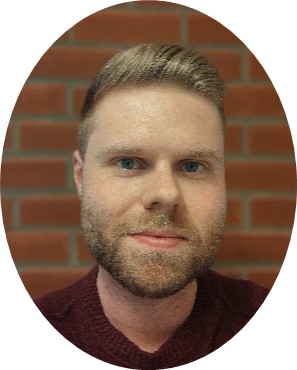 Håvard Almås is a researcher at House of Knowledge and an industrial Ph.D. candidate of organizational psychology jointly at the Norwegian University of Science and Technology (NTNU) and House of Knowledge. His research interests include collaborative learning, teamwork, engagement in play, serious games, and organizational development more broadly. Previously he has been engaged in research on the digital transformation of non-digital board games, the formation of learning experiences in serious games, and the emergence of collaboration in small player groups.
Håvard Almås is a researcher at House of Knowledge and an industrial Ph.D. candidate of organizational psychology jointly at the Norwegian University of Science and Technology (NTNU) and House of Knowledge. His research interests include collaborative learning, teamwork, engagement in play, serious games, and organizational development more broadly. Previously he has been engaged in research on the digital transformation of non-digital board games, the formation of learning experiences in serious games, and the emergence of collaboration in small player groups.
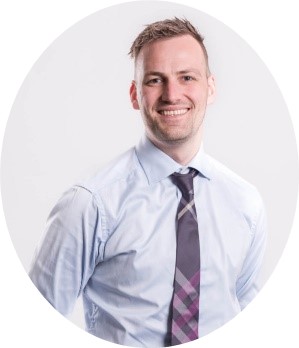 Magnus Hakvåg is CEO of House of Knowledge, a consultancy that offers strategic advice on how best to protect a company’s innovations and competitive advantages. An expert of over 20 years in innovation, IP/IPR and standards, Magnus served as Convenor of the ISO working group on innovation management terminology (leading to the publication of ISO 56000:2020) and was involved in the revision of the OECD Oslo Manual (4th edition, 2018). He was also part of the European Commission’s “Joint Initiative for Standardisation (Action 3) and is part of DG Grow AASTART (academics active in standardisation-related reseach and training) which highlights the need for standardization as an element of formal education, academic and vocational training, and has been a consultative body for the Norwegian Ministry of Trade and Commerce on IPR and standards. Magnus earned an MSc in Biophysics and Medical Technology from the Norwegian University of Science and Technology.
Magnus Hakvåg is CEO of House of Knowledge, a consultancy that offers strategic advice on how best to protect a company’s innovations and competitive advantages. An expert of over 20 years in innovation, IP/IPR and standards, Magnus served as Convenor of the ISO working group on innovation management terminology (leading to the publication of ISO 56000:2020) and was involved in the revision of the OECD Oslo Manual (4th edition, 2018). He was also part of the European Commission’s “Joint Initiative for Standardisation (Action 3) and is part of DG Grow AASTART (academics active in standardisation-related reseach and training) which highlights the need for standardization as an element of formal education, academic and vocational training, and has been a consultative body for the Norwegian Ministry of Trade and Commerce on IPR and standards. Magnus earned an MSc in Biophysics and Medical Technology from the Norwegian University of Science and Technology.

